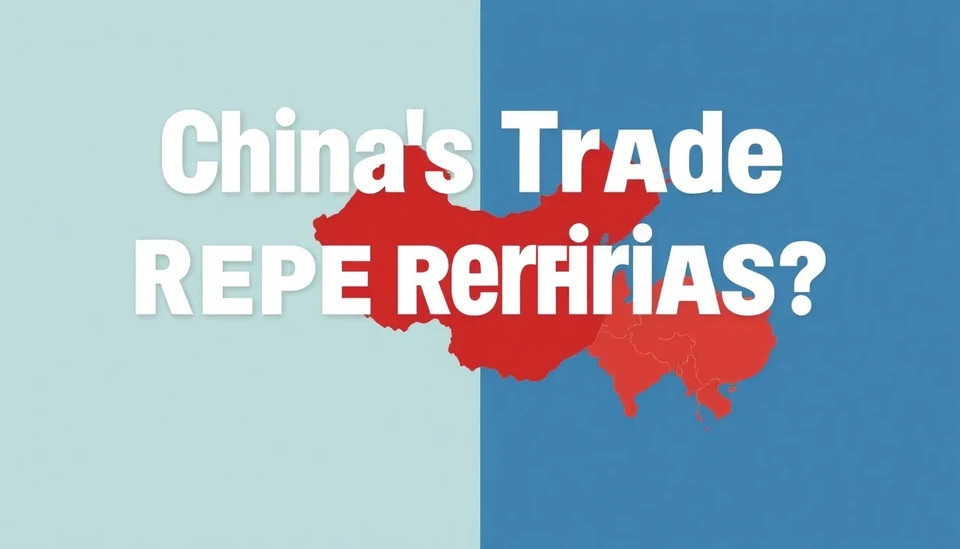
In a significant escalation of trade tensions, China is poised to extend its recent trade reprisals beyond conventional products to include crucial minerals such as rare earth elements. These minerals play a critical role in various high-tech industries, including manufacturing electronics, electric vehicles, and defense systems. As the stakes rise, the repercussions could have far-reaching effects on global supply chains and international relations.
Following the United States and its allies taking measures against Chinese firms, Beijing's response appears to be calculated and strategic. The potential retaliation may involve restrictions or bans on the export of rare earths, which China dominates on a global scale, accounting for approximately 60% of the world’s supply. The critical nature of these materials in modern technology puts companies worldwide on high alert, particularly those heavily reliant on Chinese imports.
Industry analysts suggest that the move could severely disrupt the supply chain, as many Western countries do not have sufficiently developed rare earth extraction or processing capabilities. This situation has raised concerns among businesses and policymakers alike, as the supply of these essential materials may dwindle, causing production delays and increased costs for high-tech products.
Furthermore, experts argue that such actions by China could compel the United States and its allies to expedite their efforts to establish alternative sources of rare earths, whether through recycling initiatives or mining operations in other countries. The urgency of these alternatives is crucial, especially considering the ongoing race for technological supremacy between China and the West.
The broader implications of China’s potential trade tactics extend beyond economics; they raise questions about global trade norms and geopolitical stability. Nations across various sectors are re-evaluating their dependencies on Chinese minerals and are likely to seek diversification in their supply chains moving forward.
Moreover, this situation is compounded by the increasing urgency of addressing climate change and the global push towards a green economy, which heavily relies on rare earths for producing clean technologies such as wind turbines and batteries. As countries work towards sustainability goals, the risk of supply restrictions could undermine these initiatives significantly.
In summary, Beijing's potential reshaping of its trade policies to focus on strategic minerals like rare earths could upend international markets and influence technological advancements globally. As the situation evolves, industries and governments around the world will need to brace for possible disruptions, highlighting the critical nature of these essential materials in the modern age.
With the specter of trade warfare looming, the question remains: How will nations adapt, and will they succeed in reshaping their future supply chains in the face of such challenges?
#China #TradeWar #RareEarths #GlobalSupplyChain #Geopolitics #Technology #ElectricVehicles #Sustainability #Mining
Author: John Harris




